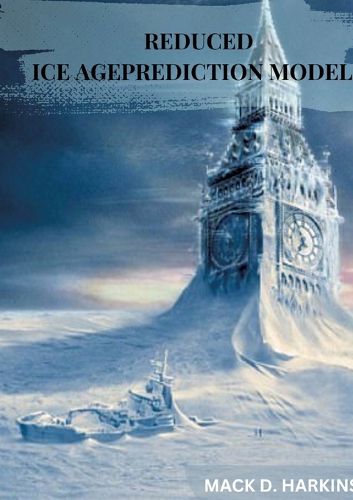Reduced Ice Age Prediction Models
Mack D Harkins

Reduced Ice Age Prediction Models
Mack D Harkins
In this study, we explore the effectiveness of particle-filter algorithms in discerning between various differential equation (DE) models aimed at explaining the dynamics of ice age transitions. These models, which capture glacier formation and retreat mechanisms, incorporate parameters governing global CO2 levels, glacial ice volume, and ocean temperature, along with deterministic forcings from long-term variations in solar energy input. Employing a particle-filter method, we integrate historical CO2 data to estimate model parameters and states, considering both fixed and unknown parameters, including stochastic forcing terms. Our investigation involves validating the numerical model and benchmarking the particle filter's performance against synthetic CO2 data, followed by its application to actual CO2 data for model comparison. While all models demonstrated similar predictive capabilities concerning CO2 data, incorporating insolation forcing significantly improved predictions of ice volume proxy data across models. However, despite these enhancements, the particle filter method's sensitivity proved insufficient to differentiate effectively between the proposed ice age DE models, echoing previous findings
This item is not currently in-stock. It can be ordered online and is expected to ship in approx 2 weeks
Our stock data is updated periodically, and availability may change throughout the day for in-demand items. Please call the relevant shop for the most current stock information. Prices are subject to change without notice.
Sign in or become a Readings Member to add this title to a wishlist.


